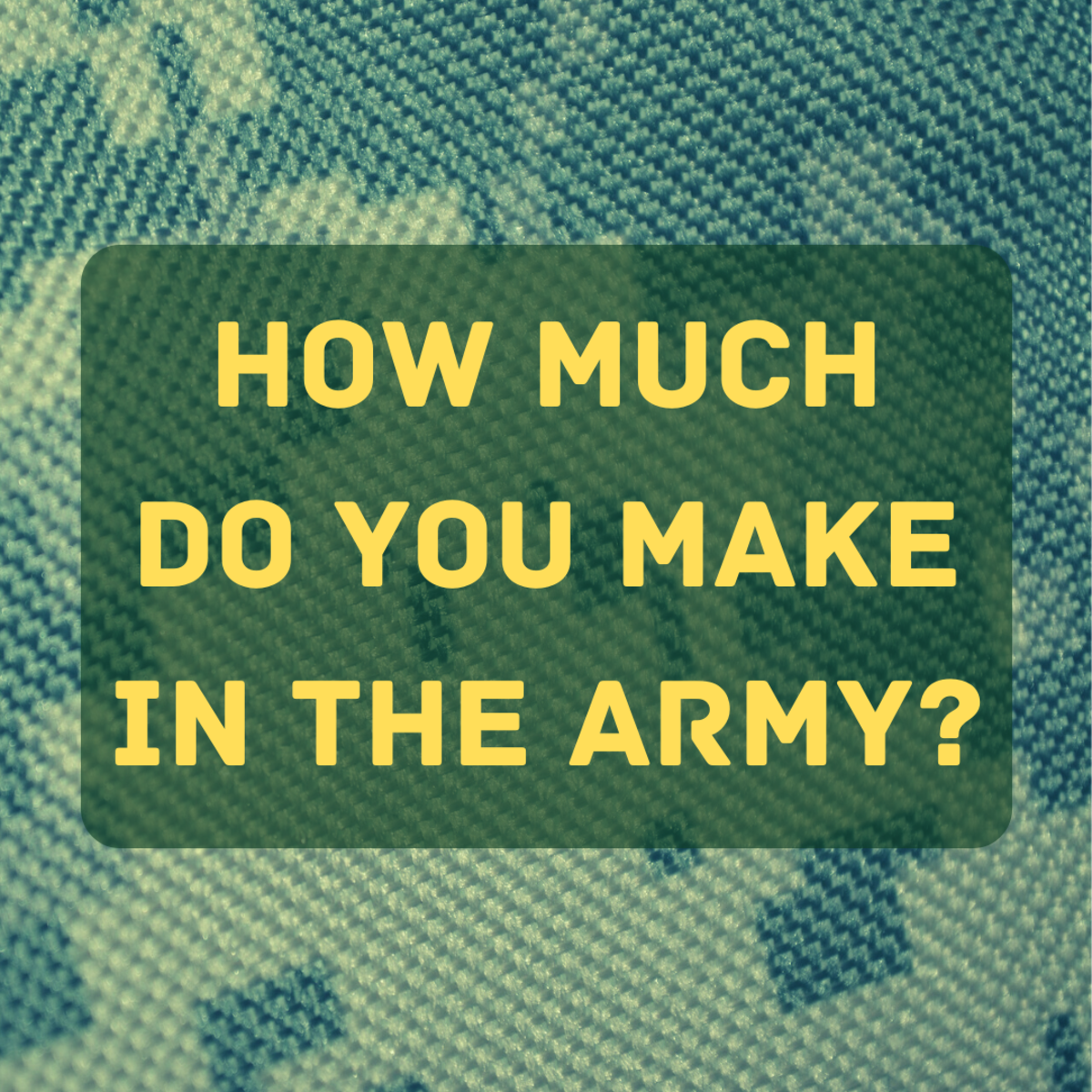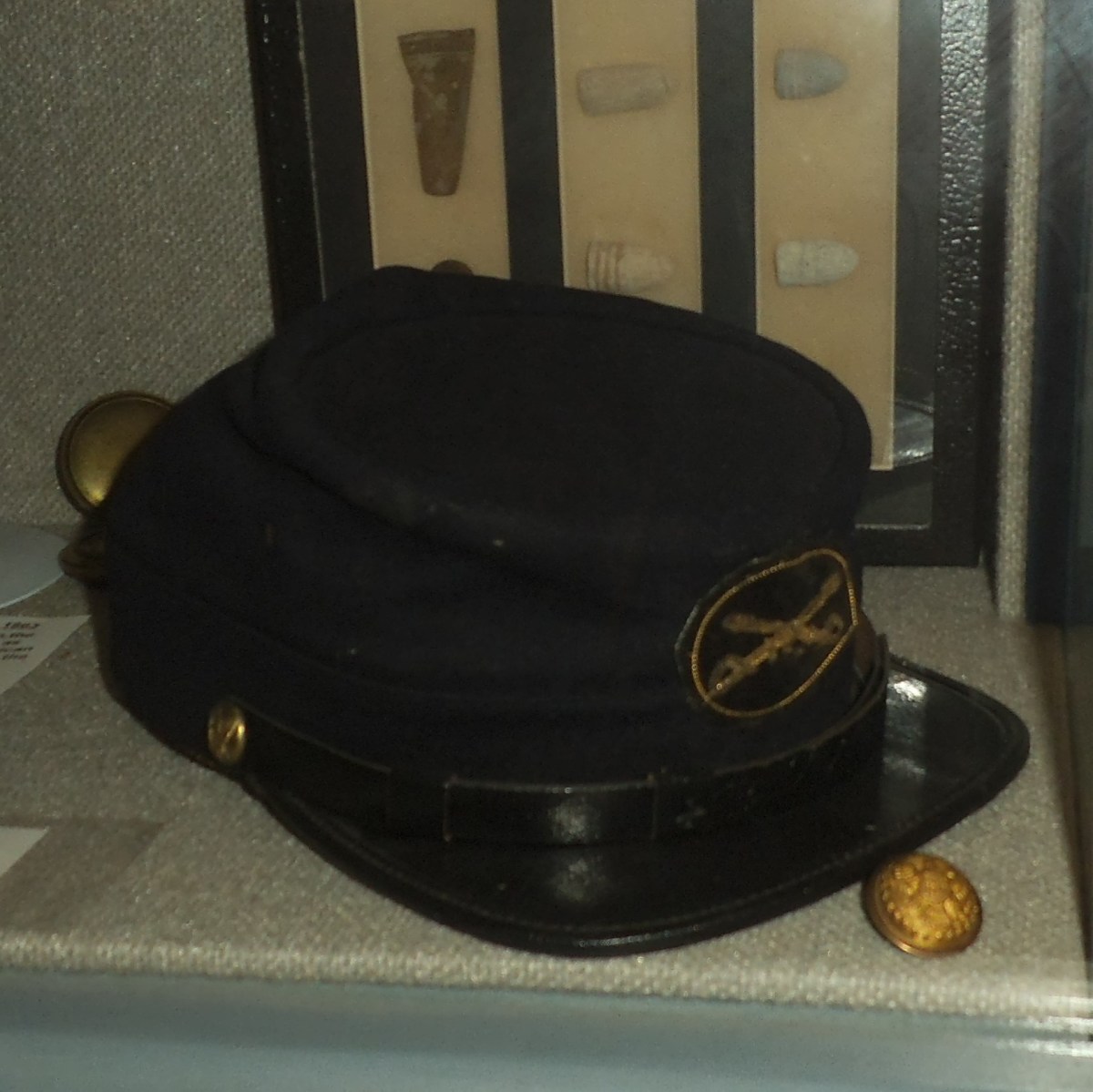Leaving The Military
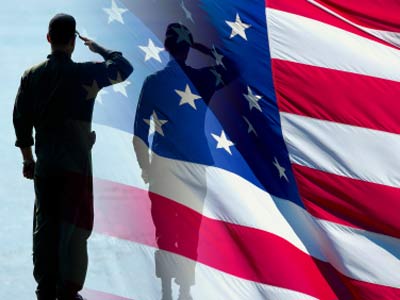
In military life, everything is chosen for you, from what you eat, to what you wear, and especially what you do. So it shouldn’t come as a big surprise that leaving that lifestyle is a terrifying move.
After spending 6 years in the Navy, I decided it was my time to leave. I knew that it wouldn’t be too hard of a transition since my wife is still active duty. We didn’t even have to move.
It was still a scary experience though. While you are in the military, it’s like you have an infinite safety net. No matter what happens, you are taken care of. Leaving that behind is enough to give even the most well balanced person an anxiety disorder.
The process starts roughly a year before you actually get out. There is a lot of paper work, declaration of intent to separate, final evaluations, transition briefings, just about everything they can think of to make sure that there are no loose ends. The closer you get, the more anxious you become. There is a little voice in your head, telling you that “It’s not too late to turn around and stay in for another few years,” or something like, “You know when you get out, it’s going to be really hard, why not do one more enlistment?” These thoughts are perfectly natural, or at least that’s I’ve been told. I liken it to cold feet at a wedding. You’re scared, and that’s a perfectly acceptable response to transitioning to civilian life. We, as humans, fear the unknown, and for many military members, civilian life is the unknown.
Shortly before your EAOS, or expiration of active obligated service (the day you get out of the military) they send you to a Transient Personal Unit (TPU) for out processing. Here you will spend the next few days to weeks doing nothing but wasting tax dollars. The sole purpose of TPU Separations Division is to process you out of the Navy. The truly great thing about this place is that if you had any doubts about wanting to get out, they will all be alleviated here. During my 15 day stay there, I spent a total of 30 minutes talking to a human being. Every day was the same, wake up, muster (It’s like taking attendance), go home and wait. If you happen to have questions about anything, even something relevant, prepare for disappointment. They push so many people out of the Navy every day that you become just another number. However, the worst thing about TPU is the helplessness. After spending the last umpteen years serving your country with hard work and dedication, you realize that there is nothing that you can do to help yourself. All you can do is wait for the one day that your name gets called, so you can go to the out processing center, sign your DD214, and get issued at ticket home.
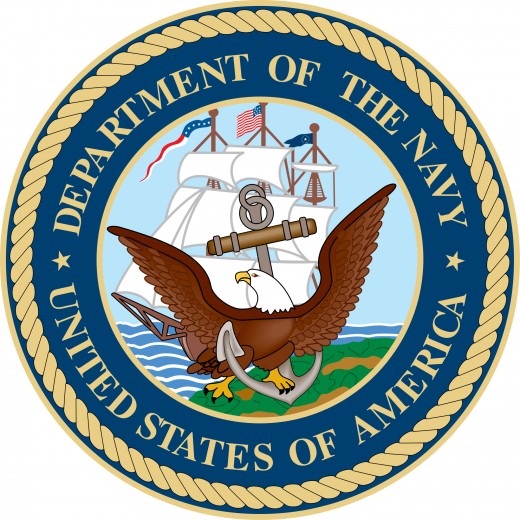
After what seems like an eternity, that day does come. For some people it comes after a short stay, several days. But for most, the wait is 15 days, business days that is. Everything happens as usual, you wake up, get your uniform on, go to muster…. and then, finally, after all of the names have been called, they ask you to stay behind. You may have just spent the last few weeks sitting and waiting, but now it’s go time. Whether it’s the anxiety building up in you, or the mile long to-do list they give you, this will be a busy day. Three hours of running back and forth for signatures, final paperwork, and airline tickets, you are on your way!
It isn’t until a few days later that it hits you. You are no longer a member of the armed services. You are no longer a soldier, sailor, airmen, or marine. Whether you enjoyed your experience in the service or not, you are no longer protected by the infinite safety blanket of the government. This is the scariest thing you will come to realize. You can fail.
Thankfully, there are still good people in our world today, and those good people have come up with many options to help our nations service members transition from military to civilian life. There are programs out there to help you find a job, go to school, and if nothing else, protect you from starvation.
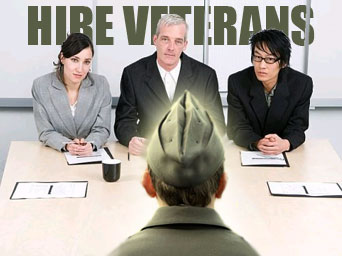
So if you are planning on getting out of the military any time soon, try not to be discouraged by the sometimes crippling fear. There are still dedicated people out there to help you land on your feet when you get out. But the most important thing you can do for yourself is have a plan. Just knowing what you are going to be doing with your time when you separate will help you get rid of the anxiety and hopefully get you to where you are going faster.
"Fair Winds and Following Seas."
For Help With Veterans Benefits
- U.S. Department of Veterans Affairs
The US Department of Veterans Affairs provides patient care and federal benefits to veterans and their dependents. The home page for the Department of Veterans Affairs provides links to veterans benefits and services, as well as information and resou



